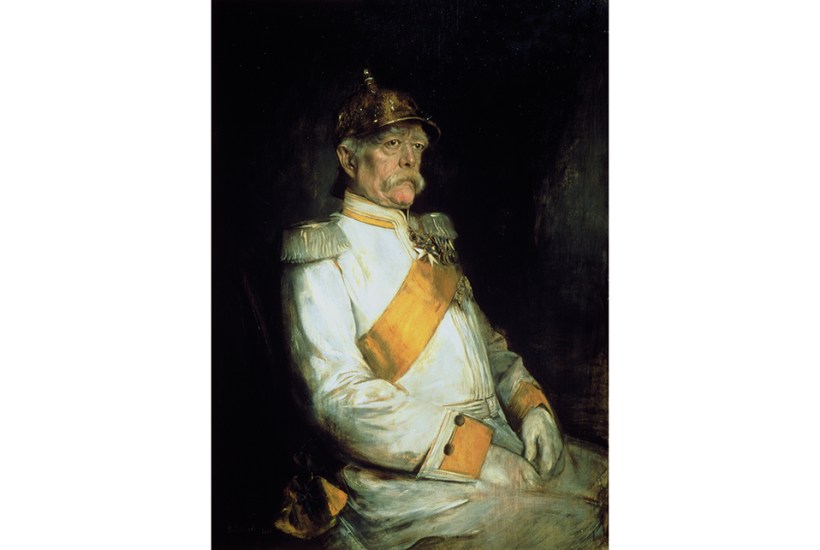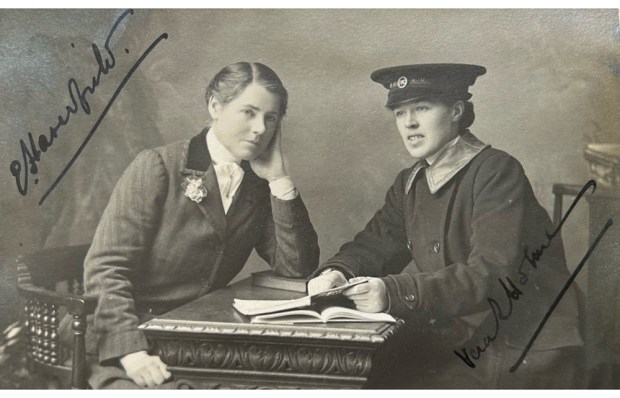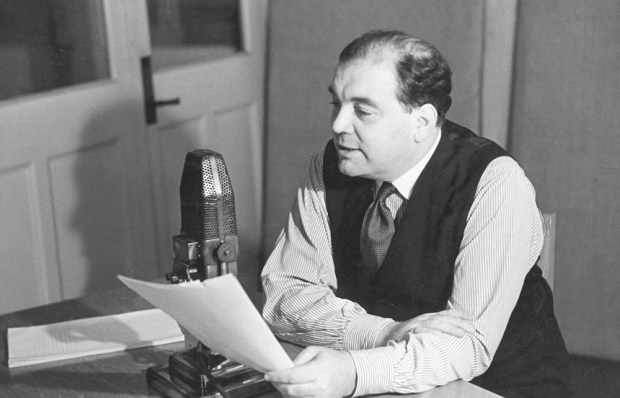Is there a single major European conflict of the past 200 years that gets so little attention in this country as the Franco-Prussian War of 1870-71? In 1961 Michael Howard brought out his history of the war, but Howard and the odd battlefield tourist apart, Rachel Chrastil’s bibliography – strong on contemporary memoirs, strong in fact on everything from the miraculous appearances of the Virgin Mary and the cult of St Radegund to the transmission of smallpox – is curiously thin when it comes to British interest.
There may be simple enough reasons for this – among them, Britain’s determined neutrality and the infinitely worse conflicts to come – but none that can detract from the significance of a war that changed the map of Europe and helped seed the horrors of the following century. As Chrastil puts it:
The war of 1870, with its large-scale, mechanised warfare that swept civilians up in a nationalistic conflict, anticipated the motivations, the assumptions and the emotional underpinnings of later conflicts. The line from Sedan to the Western Front was never a predetermined path, and still less complete are the linkages between 1870 and Vichy and National Socialism; yet the Franco-Prussian War provides a bridge between the Napoleonic Wars to the two world wars.
It might seems strange to call it ‘Bismarck’s War’ when it was the French who started it, but Bismarck himself would have had no qualms in claiming the credit. It would perhaps be more accurate – if less punchy – to have called it ‘Bismarck’s Third War’, because 1870 was just the culmination of a decade of diplomacy and wars – against Denmark in 1864 and Austria in 1866 – that the supreme bully genius of 19th-century politics had exploited to create a united German empire with an authoritarian, militaristic Prussia at its heart.
If the German chancellor was the architect of the war, however, he had found in the gadfly figure of Emperor Napoleon III the most willing of collaborators and dupes. Bismarck always knew that he could rely on Gallic pride to provoke a war when he wanted one, and the years before 1870 were spent preparing the diplomatic ground, making sure that when war did finally come – and he knew it must – France would fight it without an ally to her name.
The casus belli, in so far as there ever was one, came when a Hohenzollern was offered the vacant Spanish throne and France acted as France was bound to do. The offer had in fact been refused by the Prussian king, but French amour propre demanded more. When William I refused further guarantees, Napoleon declared war, and Bismarck – the injured party – had what he wanted.
While the ailing Napoleon III had managed the seemingly impossible – simultaneously alienating all potential allies and uniting the southern German states behind an unloved Prussia – few in France could have anticipated the disaster that followed. There were voices raised against the war from the left and from the Legitimists, but the French army was an experienced one, the French rifle was superior to the Prussian rifle, and an intoxicated public, waving off their troops from the cities and villages of France, was confident. Chrastil quotes a police report: ‘The enthusiasm of France to avenge so many years of humiliation is equal to that which existed 80 years ago to defend our borders during the invasion of 1792.’
There would be no second victory like that of Valmy, though; and as the three Prussian armies moved towards France’s borders, the French mobilisation descended into chaos. Over the next few weeks the French soldier would fight as bravely as his grandfather had done, but without sufficient horses or auxiliary services, without any fixed or coherent plan of campaign, and without any but the vaguest of war aims. The writing was soon on the wall.
‘Am in Belfort,’ one officer’s telegram to the Office of War read; ‘can’t find brigade, can’t find commanding general, what must I do? Don’t know where my regiments are.’ He was not the only one. The French did briefly manage to cross the border, but within six weeks they were beaten, with one army walled up in Metz and the other, under MacMahon and the hapless, ill emperor surrounded and surrendering at Sedan.
Chrastil is very good on all this – the logistical nightmare of mobilisation, the crucial importance of staff work, the gulf in professionalism that separated Moltke’s army from France’s, and the sickening and brutalising reality of modern warfare. In many ways Bismarck’s War – or the first part at least – is a refreshingly old-fashioned sort of account, a tale of marching and encirclements, of battles and Chassepots and Krupp cannons, with only the occasional mild excursion into the ‘gender bind’ to remind us that it isn’t.
The book in fact falls naturally into two parts, which perfectly mirror the contours and pace of the war itself. With the defeat and surrender of the emperor at Sedan, the mobile phase of the conflict was essentially at an end. As the Prussians settled down to besiege Paris, France moved from an empire to a republic, and Bonapartists, royalists, liberals and radicals fought over what kind of country it was to be. Chrastil has the time and room to explore the physical, emotional and spiritual impact of the conflict and – ominous glimpse of the future – the miseries of a modern war fought in the midst of a civilian world.
This is an impressive work, fluent, wide-ranging, vivid in its use of sources, and central to an understanding of Europe’s subsequent history. Chrastil might hedge her bets on the ultimate significance of the conflict, but what the book makes clear is that France was not the only loser at Sedan, and that the German empire proclaimed at Versailles was never going to be, as George Sand put it, the ‘Germany of Beethoven and Goethe’. ‘In this war,’ Sand wrote, ‘you are not for us Badenese, Bavarians, Wurtembergeois, but forever, in the reprobation of the present and the legend of the future, Prussians! What a fall, what shame!’
Got something to add? Join the discussion and comment below.
Get 10 issues for just $10
Subscribe to The Spectator Australia today for the next 10 magazine issues, plus full online access, for just $10.
You might disagree with half of it, but you’ll enjoy reading all of it. Try your first month for free, then just $2 a week for the remainder of your first year.














Comments
Don't miss out
Join the conversation with other Spectator Australia readers. Subscribe to leave a comment.
SUBSCRIBEAlready a subscriber? Log in